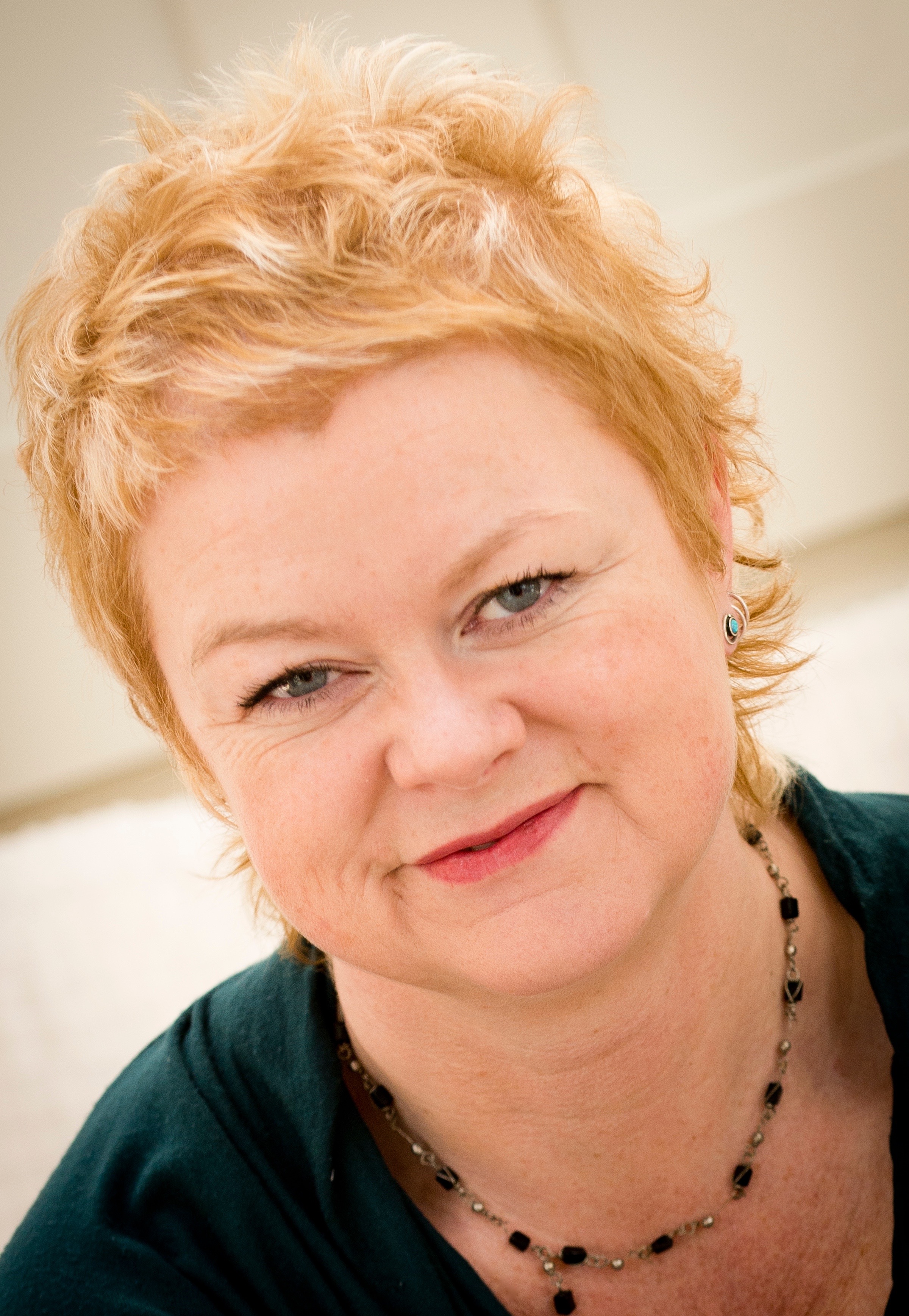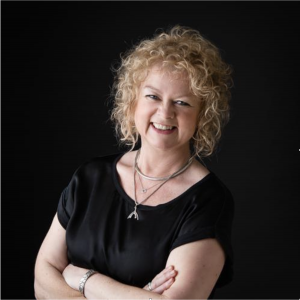“Why I don’t care if I ever have sex again”
Recently Drew Barrymore made headlines when she asked what’s wrong with her being able to go without sex for years. At 47, Drew joins other Hollywood celebrities like Courtney Cox, Cameron Diaz and Gwyneth Paltrow who are all talking about the good, the bad and the ugly parts of menopause. It’s a great reminder that menopause will happen to everyone with a womb and the challenges it brings are the same for us all.
Generation X is menopausal and we’re done with wringing our hands and offering up our suffering. We want to know how to feel better about ageing generally – and for many, that brings questions around sexual ageing and vitality.
I don’t know why Drew doesn’t miss sex, but I know she’s not alone. While the feeling is common, the reasons for feeling this way are plentiful. As with exercise for our joints and diet for our hearts, there is always a place to start with our desire. We just need to be kind to ourselves, have realistic expectations and start slowly and with small steps.
Before jumping to agreeing with Drew that there’s something wrong with her, I’d want to know more. As I can’t ask her, I’m going to assume she’s heterosexual so it’s likely that she means penis in vagina (PiV) when she talks about sex.
What does she do when she’s being sexual, from start to finish?
Most people tend towards routine, and stick to what they know, even if it no longer works. Many women find they no longer get turned on in the time allotted to them and/or the touch they receive. When this happens, a common response is to blame themselves for taking too long or their partner for not caring. Blame is not a sexy feeling and can add to low desire.
How much time is given to non-sexual foreplay?
As we age, women need foreplay to be a 24 hour thing. We need to feel interesting, attractive and desired for more than our vaginas. Research shows that middle-aged women in long term relationships often report low or no desire. But the very same women in a new relationship will often find their libido is restored. Why? Because they and their partners are putting lots of effort into romance, appearance and conversation. It turns out that if women get their non-sexual needs met, they’re more open to the sexual.
How much time is given to sexual, non PiV play?
We need longer to get aroused as we age. Physiologically we’re similar to men in that our blood flow tends to be slower and weaker. Our sexual organ is our clitoris and about 90% of it is internal. That means we can’t get a mouth or hand around it to stimulate it and so we need to allow more time. In fact, the clitoris and penis are made from the same erectile tissue and when we allow time for clitoral tumescence, the potential for a variety of pleasurable experiences increases.
If sex becomes perfunctory and speedy, women often get bored and lose interest. But they may struggle greatly to communicate that to their partners.
How is your sexual communication?
If a woman can’t explain that sex no longer excites her, but she keeps having it, over time she may start to resent her partner for having sex with her when she’s not into it. This is a dark place to end up for everyone concerned. Many couples who love each other find this dynamic tricky as it makes both feel isolated when they desire sexual connection.
Male partners may also be struggling with blood flow and worrying about their erections. The result can be a rush to penetration to protect his erection, leaving less time for her arousal to build. PiV sex becomes just another chore on the long list of chores and without enough warm up, can be painful. When women are already tired and lacking connection, the choice to have another unfulfilling encounter that will take up time and energy already in short supply becomes very unattractive.
How much time you have to yourself, how much you know about your own pleasure from masturbation, how your hormones are, how your relationship with your body and sexuality is, all contribute to sexual desire.
We live in a modern world with so much available to us, including decades of life after menopause. But our bodies are not modern. For many there’s a winding down sexually which is totally natural and acceptable. Desire and passion need feeding and nurturing as we age if we want to enjoy our sexual lives. I don’t believe that everyone has to be sexual, but if we are going to engage sexually, I do believe we deserve pleasure. At this age, why else would we bother taking our clothes off?
With just a few examples of how a woman might lose her desire, we see that there is never a simple solution for everyone. Other useful questions can be “what turns you off and what turns you on”? Start non-sexually and work your way towards sex.
Do you know what gives you pleasure? Think of food, drinks, views, holidays, music, art and touch. Sexual pleasure is experienced in the same way as any pleasure. Find what works and start to build on it.
How much time do you have to yourself?
If you are constantly on the move, and always catching up with yourself, finding time for sexual pleasure is going to be really hard. If you really don’t have any time, then give yourself a break! You can’t do everything! Start by looking at a typical week and see if there is any space to do less social media, or less housework for example, in order to just rest a bit. Sexual pleasure needs energy, so if you don’t have any, that’s where to start.
How are your hormones?
Many women are trying to get through menopause without HRT. While some women can’t take it, the vast majority can. With oral, topical and transdermal options, we can find the help we need. Oestrogen helps with hot flushes, sleep, energy, elasticity of the vagina, vulva and clitoris (all of which can become super sensitive otherwise). Progesterone if you’re still having periods, to protect against some cancers, and Testosterone to help with brain fog, libido and energy, with the caveat that it won’t make you horny if your relationship isn’t happy!
With the average life expectancy at 82, what can I reasonably expect from my sexual life? Our sexual functioning, just like our joints and hearts, needs extra help if we want to be active and enjoy our middle and later years. Without learning what we need, we can go through menopause feeling like we’re failing somehow and that there is nothing we can do. But what if we’re not failing, rather judging ourselves using measures that are incorrect for menopausal women?
When someone who feels this way has time to reflect, they often discover that the sexual play they share with their partner(s) doesn’t turn them on. Maybe it once did, or maybe it never did. But if they want to enjoy being sexual going forward, they will need to learn about the women they are today, and what turns them on. Sexual pleasure is organic and natural and therefore it changes with time. Learning about your sexuality is a lifelong adventure and not a one stop shop. This also means that if a woman isn’t turned on by her partner any more, she’s totally normal. Nobody is at fault and nobody needs to feel bad. All that’s needed are some new skills and usually some help with communication. Easy right? Well for some women it is that easy. But for others there are many other layers to think about.
To put it bluntly, how you do life is how you do sex. So if you are confident and kind to yourself, new skills and knowledge may be all you need. But many women live with issues such as anxiety, low self esteem and a vicious critic constantly putting them down. The relationships they have may reflect that inner voice telling them they’re not good enough. That inner critic can convince us that we don’t deserve pleasure or happiness, and it becomes impossible to to give ourselves permission to search for pleasure.
Many women living through their middle years are busier than ever. They may have older relatives to care for, kids, partners, jobs, grief, health issues. Then menopause starts and they’re hit with a whole array of extra challenges that make daily life feel like a battle. Most women limp through the first couple of years wondering if they are just tired, or stressed or stupid or getting dimentia. They often berate themselves for all the symptoms of perimenopause and criticise themselves viciously for things that are beyond their control. With chronic criticism, we tend to feel less confident, less able, less attractive, less intelligent, and the list goes on. As we lose ourselves in a sea of discomfort, brain fog, exhaustion and general doubt, it would seem sensible to ease off on our work load and to find rest, support, company and self compassion. Instead women will often maintain the same expectations of themselves as ever and life can become harsh and isolating. It’s within this life context that women expect themselves to function as they always have sexually.
The first thing I want to know is can some space be created in a woman’s life, that’s just for her. It can really help to write out a typical week. I like a white board for this, and I split each day into 30 minutes slots. This is a private exercise so you can be really honest with yourself about how much time you might spend on instagram or other social media. You can see where time might be better spent, and where time could be yours. If you have people living with you who are able to contribute, this is a good time to ask for some help.
When I ask a tired and frazzled woman about how much time she has to herself, and what she does with it, she often realises that she has no real down time. No time for her brain to rest or her body to unwind. When I ask her how she expects herself to feel ready for sex when she’s on the go from morning to night, she will often look at me with surprise and sometimes tears as she realises just how much she expects of herself.


 My approach is pleasure based. I want to know what gives you pleasure and how we can build on that to create a sexual life that fulfils and excites you. Pleasure can be experienced with or without clothes, with or without sexual arousal or orgasm. Sharing pleasure with another non-sexually can often help us to feel more open to sexual play.
My approach is pleasure based. I want to know what gives you pleasure and how we can build on that to create a sexual life that fulfils and excites you. Pleasure can be experienced with or without clothes, with or without sexual arousal or orgasm. Sharing pleasure with another non-sexually can often help us to feel more open to sexual play.
